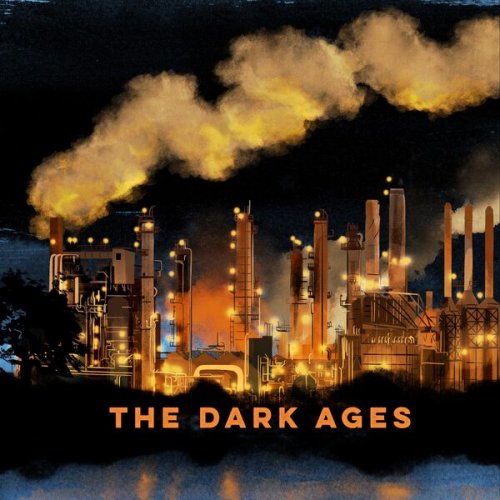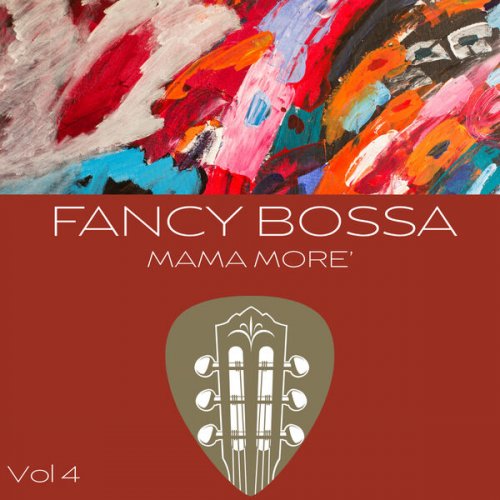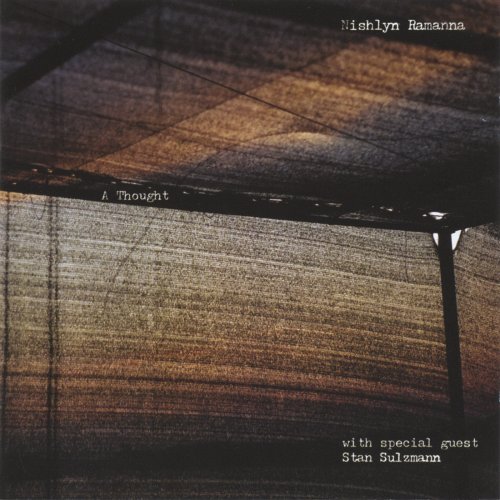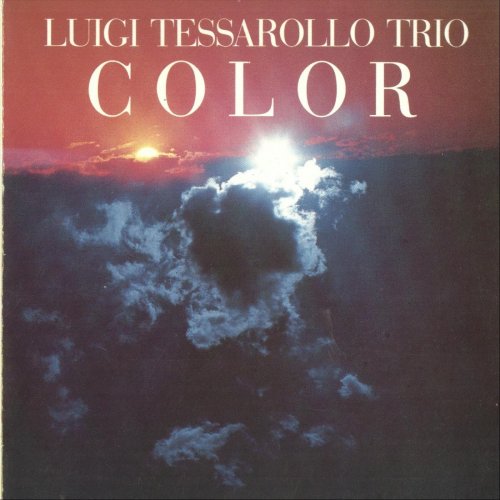Dewey Kincade & The Navigators - Dark Ages (2025) Hi-Res

Artist: Dewey Kincade, The Navigators
Title: Dark Ages
Year Of Release: 2025
Label: Odd Sock Records
Genre: Rock, Roots Rock, Funk, Singer-Songwriter
Quality: 320 / FLAC (tracks) / FLAC (tracks) 24bit-48kHz
Total Time: 53:45
Total Size: 125 / 376 / 688 Mb
WebSite: Album Preview
Tracklist: Title: Dark Ages
Year Of Release: 2025
Label: Odd Sock Records
Genre: Rock, Roots Rock, Funk, Singer-Songwriter
Quality: 320 / FLAC (tracks) / FLAC (tracks) 24bit-48kHz
Total Time: 53:45
Total Size: 125 / 376 / 688 Mb
WebSite: Album Preview
01. Tied to the Rhythm (3:42)
02. Down in the Valley Again (5:06)
03. We're All Alone in This Together (4:13)
04. Borderlands (4:28)
05. You Don't Know (What You Think You Know) (3:26)
06. Shadow (4:11)
07. Shit Piles Up (4:08)
08. I Can't Get to Sleep (3:12)
09. Pissed It All Away (2:58)
10. My Mistress' Eyes (2:52)
11. Let It Go (3:01)
12. (Why Can't You) Read My Mind (3:54)
13. Run Away and Hide (3:47)
14. Up Around the Bend (4:52)
Dewey Kincaide is releasing his latest foray into Southern rock deliverance with his album Dark Ages this week. Dewey says this album is “a meditation on navigating the world after the death of a dream,” and as you listen, you really feel this. Song are driving Southern rock with a thread of distress and the kind of catharsis that comes from really belting it all out loud. And Dewey doesn’t just mention this demurely a time or two, it’s 20 terrifying, high intensity songs deep.
On “Cripple Creek,” Garth Hudson famously played the clavinet with a wah-wah pedal and Lowrey organ to get that memorable punchy sound. Here Dewey harnesses the quality of that bounce and drives it deeper and darker in album opener “Tied to the Rhythm.” Add horns and dark distorted vocal effects and follow Dewey through the natural universe as the ubiquitous rhythm we are all breathing, and surviving, inescapably within.
“Down in the Valley” refers to a Pandora’s box we’ve opened in what could have been a peaceful utopia, but isn’t. Instead: “we’re letting the beast out of the cage.” Dewey does his best to strip all our defenses and expose the painful honest truth. You can’t hide from this. “All Alone in This Together” is a bluesier rhythm with a shuffle and “some say there’s nothing to be done, the war is overwith, they won. We’re all alone in this together, we cannot scream without a voice” with power harmonies and some truth delivered in a more disarming milieu.
Dewey brings the musical energy down to a potent restraint in songs like “Pissed it All Away,” which disarms you with gentle harmonica and organ “once I had a dream of love / until I pissed it all away. Then there’s the optimistic gospel tinged “Up Around the Bend”: “up around the bend, we’re gonna finally see, up around the bend, everybody’s gonna dance and be free, we won’t have to pretend, but you gotta hang on until we get ourselves up around the bend.” There’s hope yet, even from the current position of despair. “After the End” offers a vulnerability and a connection again, an olive branch of support and friendship with power drums and organ: “I know it ain’t easy, I know that it hurts, I’m gonna be there after the end.”
On “Cripple Creek,” Garth Hudson famously played the clavinet with a wah-wah pedal and Lowrey organ to get that memorable punchy sound. Here Dewey harnesses the quality of that bounce and drives it deeper and darker in album opener “Tied to the Rhythm.” Add horns and dark distorted vocal effects and follow Dewey through the natural universe as the ubiquitous rhythm we are all breathing, and surviving, inescapably within.
“Down in the Valley” refers to a Pandora’s box we’ve opened in what could have been a peaceful utopia, but isn’t. Instead: “we’re letting the beast out of the cage.” Dewey does his best to strip all our defenses and expose the painful honest truth. You can’t hide from this. “All Alone in This Together” is a bluesier rhythm with a shuffle and “some say there’s nothing to be done, the war is overwith, they won. We’re all alone in this together, we cannot scream without a voice” with power harmonies and some truth delivered in a more disarming milieu.
Dewey brings the musical energy down to a potent restraint in songs like “Pissed it All Away,” which disarms you with gentle harmonica and organ “once I had a dream of love / until I pissed it all away. Then there’s the optimistic gospel tinged “Up Around the Bend”: “up around the bend, we’re gonna finally see, up around the bend, everybody’s gonna dance and be free, we won’t have to pretend, but you gotta hang on until we get ourselves up around the bend.” There’s hope yet, even from the current position of despair. “After the End” offers a vulnerability and a connection again, an olive branch of support and friendship with power drums and organ: “I know it ain’t easy, I know that it hurts, I’m gonna be there after the end.”

![Wadada Leo Smith - Divine Love (1979/2025) [Hi-Res] Wadada Leo Smith - Divine Love (1979/2025) [Hi-Res]](https://www.dibpic.com/uploads/posts/2025-12/1765802240_cover.jpg)


![Amira Kheir - Black Diamonds (2025) [Hi-Res] Amira Kheir - Black Diamonds (2025) [Hi-Res]](https://www.dibpic.com/uploads/posts/2025-12/1765640459_tf7wrmc9lqmqc_600.jpg)



![Tomasz Stańko - Zamek mgieł (Polish Radio Sessions vol. 3/6) (2025) [Hi-Res] Tomasz Stańko - Zamek mgieł (Polish Radio Sessions vol. 3/6) (2025) [Hi-Res]](https://www.dibpic.com/uploads/posts/2025-12/1765795906_cover.jpg)